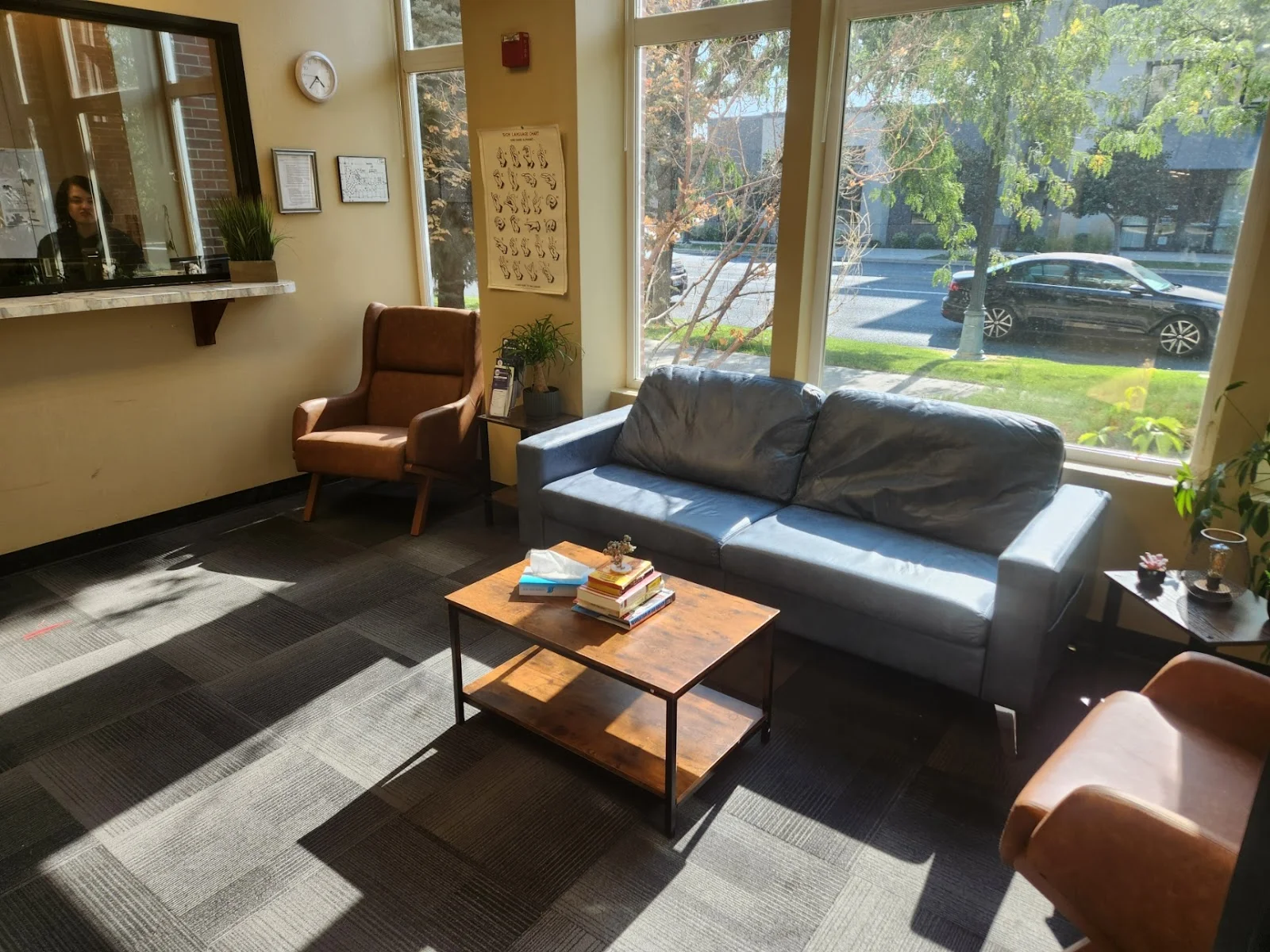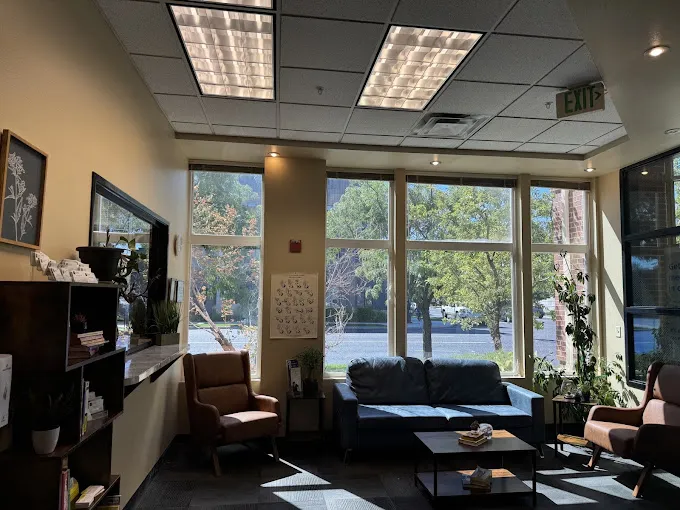Access Behavioral Health Services, based in Boise, Idaho, offers comprehensive mental health and drug use therapy to both adults and children. Their comprehensive approach covers a wide spectrum of psychological problems while promoting healing and support via compassionate, tailored therapy. While the institution does not provide gender-specific or faith-based programs, it does encourage respect and empathy, resulting in a loving atmosphere for all those seeking assistance.
The institution provides a wide range of treatments, including as detoxification, inpatient rehabilitation, outpatient services, intensive outpatient programs (IOP), partial hospitalization programs (PHP), aftercare, and sober living/halfway houses. Cognitive behavioral therapy (CBT), anger management, exercise therapy, and assertive community treatment are some of the available treatment options. Family engagement is an essential element of the healing process, as it provides a supportive atmosphere throughout rehabilitation. Access Behavioral Health Services is known for its dedication to treating the full person and their family, providing care that addresses all parts of an individual's life. The facility is accredited by The Joint Commission, demonstrating its commitment to providing high-quality care and service.
Access Behavioral Health Services Information
Treatment
Who We Treat
- Children
- Teens / Adolescents
- Young Adults (18–25)
- Adults
- Seniors/Older Adults
- Adolescents
- Older Adults
- Male and Female
- LGBTQ+
Approaches
- Family Therapy
- Group Therapy
- Cognitive Behavioral Therapy (CBT)
- Dialectical Behavior Therapy (DBT)
- 1-on-1 Counseling
- Eye Movement Therapy (EMDR)
- Online Therapy
- Life Skills Training
Conditions We Treat
- Trauma
- Anger
- Co-Occurring Disorders
Languages
- English
- Spanish
Aftercare
- Outpatient Treatment
- Intensive Outpatient Program
- Continuing Care
- Support Meetings
Level of Care
- Outpatient
- Aftercare/Continuing Care
Experience
Smoking and Vaping Policy
- Smoking Allowed in Designated Areas
- Vaping Allowed in Designated Areas
Accreditations
-
State department of health
State Licenses, issued by government agencies, authorize rehabilitation organizations to legally operate within designated geographical areas. The specific licenses required for operation are typically determined by both the nature of the rehabilitation program provided by the facility and its physical location.

-
The Joint Commission
The Joint Commission accreditation for addiction and behavioral health is a prestigious recognition signifying a facility's commitment to delivering high-quality care and safety for individuals dealing with substance abuse and mental health issues. It involves rigorous evaluations and assessments, ensuring patients receive evidence-based treatment and exceptional care. This accreditation demonstrates a facility's dedication to continuous improvement and ethical practices, building trust among patients and healthcare professionals seeking top-tier addiction and behavioral health services.

Additional Locations
Access Behavioral Health Services Accepts The Following Insurance Plans
Find the best treatment options. Call our free and confidential helpline today!








